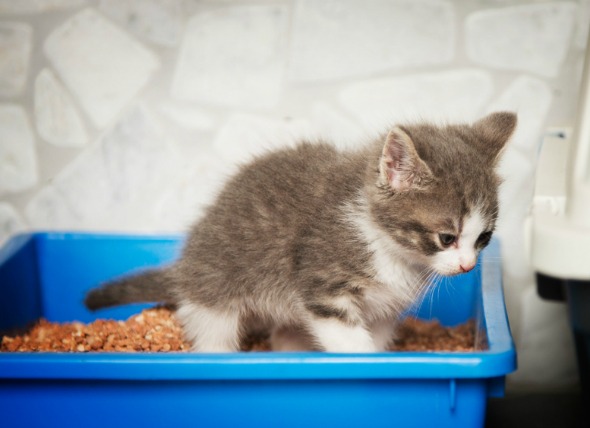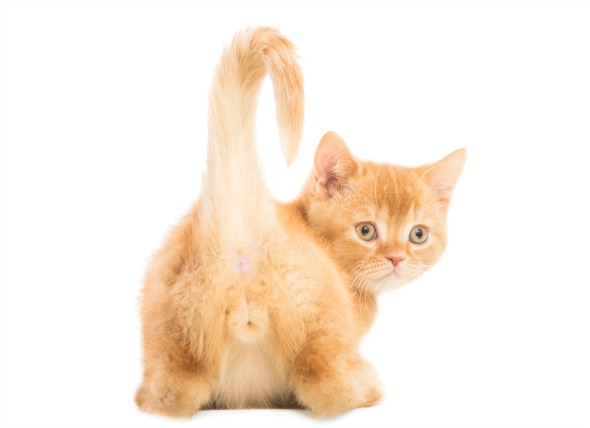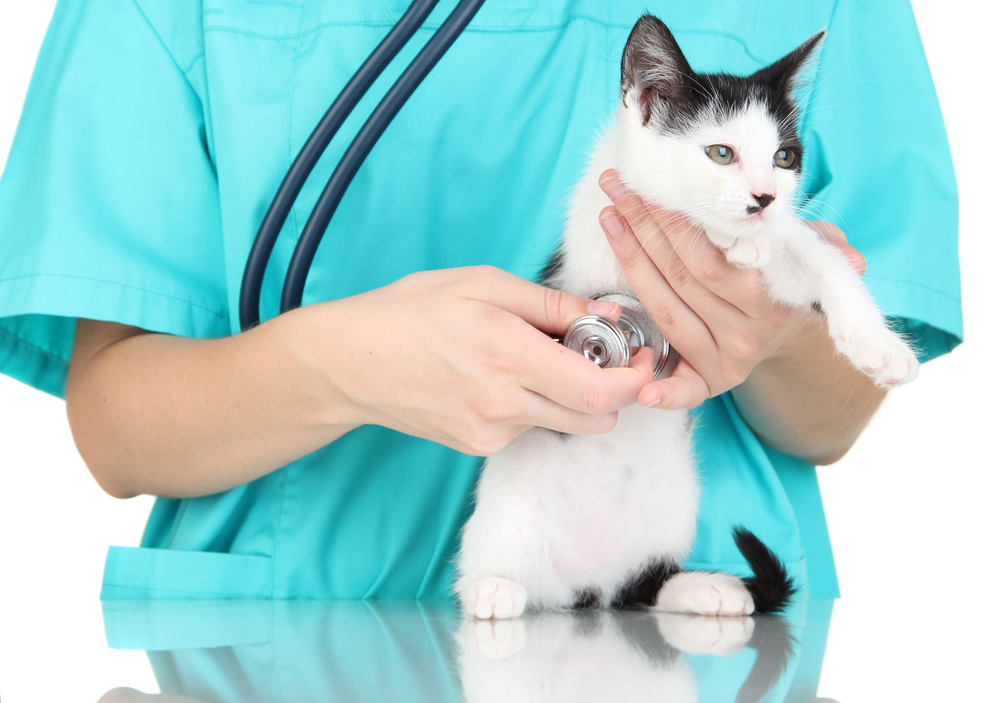

Giardiasis is a medical condition that refers to an intestinal infection caused by the protozoan parasite giardia, and this parasite can also infect animals, including cats. Giardia is the most common intestinal parasite found in humans.
Contamination can be from direct or indirect contact with the infected offspring (cysts), but typically, cats will acquire the infection by ingesting the infectious cysts that are shed by another animal through its feces. The organisms, once ingested, make their way into the intestine, often causing diarrhea. Treatment for this infection is usually performed on an outpatient basis with a good prognosis.
Symptoms are more apparent in younger animals than in older animals and can be either sudden, temporary, intermittent, or chronic in nature. In some cases, cats will exhibit diarrhea that is soft, frothy, greasy, and with a strong, awful odor or excessive mucus.
One of the methods by which this parasite spreads is through the ingestion of infected fecal material, as the cysts are shed out of the intestines through the feces. But, the most common cause of transmission is actually waterborne, as the giardia parasite prefers cool and moist environments. Up to 100 percent of animals housed in kennels will develop this infection due to massive exposure and closely shared living spaces. In general, the prevalence of infection in cats is relatively low -- only 11 percent are diagnosed with the infection.
Your veterinarian will want to rule out other possibilities for the intestinal infection, such as improper digestion (maldigestion), unabsorbed nutrients (malabsorption), or inflammatory bowel disease (IBD) prior to recommending a treatment option for your cat. Your veterinarian will also want to differentiate between giardia and other primary causes of large bowel diarrhea. A fecal smear is normally sufficient to test for their presence of the giardia parasite, since the organism is primarily detected in the feces, although it is possible to have a false positive result from the test.
Treatment is typically done on an outpatient basis unless the infection has caused your cat to become sick and weak. Prescription drugs, along with thoroughly bathing your cat, should be sufficient for removing the parasite from your cat's body and reducing the likelihood of repeat infection. The concern here is that an ongoing (chronic) infection can be debilitating to your cat's system, so repeat fecal exams will often be required for confirming that the infection has been removed entirely.
It is important to observe your cat for signs of dehydration, especially in younger cats and kittens. Dehydration can quickly become a life threatening condition. Administering the prescribed medication fully and taking your cat for check-ups are essential to a successful recovery.
Since one of the highest probabilities of infection is through time spent in a kennel, seek places that offer private spaces for pets when possible in order to avoid contamination from the other animals.
 Low Body Temperature in Cats
Hypothermia in Cats
Hypothermia is a medical cond
Low Body Temperature in Cats
Hypothermia in Cats
Hypothermia is a medical cond
 Anal Sac Disorders in Cats
Cats have anal glands which produce fluid into sa
Anal Sac Disorders in Cats
Cats have anal glands which produce fluid into sa
 Watery Eyes in Cats
Epiphora in Cats
Epiphora is a condition that cau
Watery Eyes in Cats
Epiphora in Cats
Epiphora is a condition that cau
 Hookworms in Cats
Ancylostomiasis in Cats
Ancylostoma hookworms are
Hookworms in Cats
Ancylostomiasis in Cats
Ancylostoma hookworms are
 Systemic Autoimmune Disease in Cats
Systemic Lupus Erythematosus (SLE) in Cats
Autoim
Systemic Autoimmune Disease in Cats
Systemic Lupus Erythematosus (SLE) in Cats
Autoim
Copyright © 2005-2016 Pet Information All Rights Reserved
Contact us: www162date@outlook.com